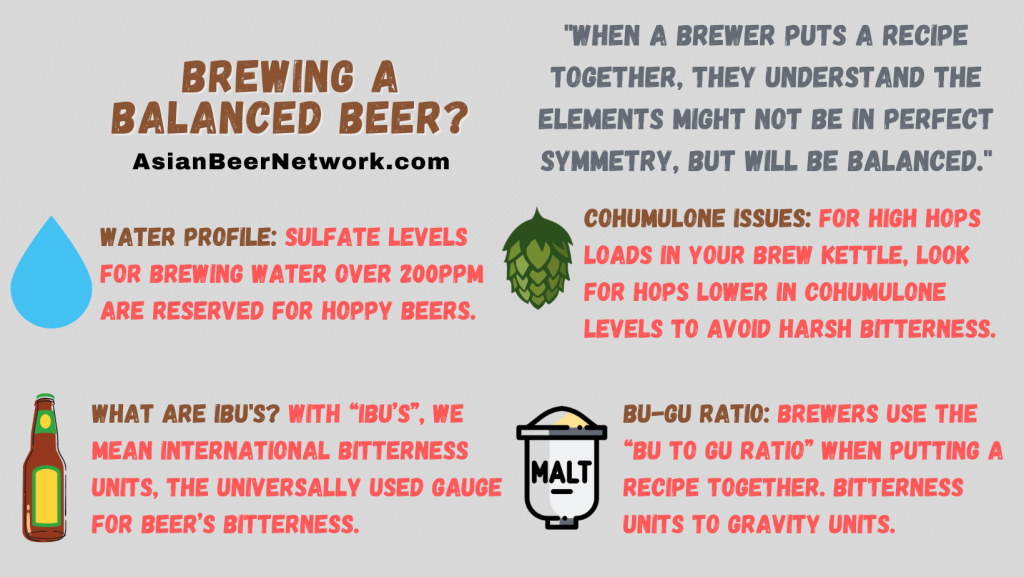Learn the science behind how alcohol affects your body and find out why your personal alcohol threshold matters so much.
Table of Contents
Have you ever found yourself wondering how many beers it takes to get drunk? The answer is not as straightforward as you might think. Alcohol affects individuals differently based on a variety of factors, from metabolism to body weight to genetics. In this blog post, we will delve into the science behind alcohol metabolism and explore the various factors that can influence how many beers it takes for you to feel intoxicated.
Alcohol Metabolism and Individual Tolerance
When you consume alcohol, your body begins to metabolize it in a process that involves several steps. Alcohol is primarily broken down in the liver by enzymes, which convert it into acetaldehyde and then into acetate. This process takes time, and the rate at which your body can metabolize alcohol can vary based on factors such as age, gender, and genetics.
Individual tolerance levels also play a significant role in how alcohol affects you. Some people may have a higher tolerance for alcohol and require more drinks to feel intoxicated, while others may feel the effects after just a few sips. Factors such as liver function, body composition, and drinking habits can all impact your tolerance level and how many beers it takes for you to get drunk.
Factors Influencing Intoxication
Several factors can influence how quickly you become intoxicated when consuming alcohol. Body weight is one of the most significant factors, as a person with a higher body weight will typically be able to metabolize alcohol more effectively than someone with a lower body weight. Gender can also play a role, as women tend to have a lower alcohol tolerance than men due to differences in body composition and enzyme activity.
Age can also affect how alcohol impacts you, as older individuals generally have a lower tolerance for alcohol than younger people. Genetics can also play a role in determining your alcohol tolerance, as some people may have genetic variations that affect how their bodies metabolize alcohol.
The type of alcohol you consume and the rate at which you drink can also influence your level of intoxication. Drinks with a higher alcohol content, such as spirits, can lead to faster intoxication than beer or wine. Additionally, consuming alcohol quickly or on an empty stomach can increase the likelihood of feeling drunk sooner.
Tips for Safe and Responsible Drinking
It is essential to be mindful of your alcohol consumption and know your limits to ensure that you can drink responsibly. Keep track of the number of drinks you consume and pace yourself to avoid overindulging. Drinking water between alcoholic beverages can help keep you hydrated and lessen the effects of alcohol.

Image courtesy of via Google Images
Knowing when to stop is crucial for staying safe while drinking. Pay attention to how you are feeling and stop drinking if you begin to feel intoxicated. Designate a sober driver or plan alternative transportation if you will be drinking away from home.
Conclusion
Understanding how many beers it takes to get drunk is a complex issue that involves a variety of factors, from alcohol metabolism to individual tolerance levels. By being informed about how alcohol affects your body and knowing your limits, you can drink responsibly and stay safe while enjoying a night out. Remember to always prioritize your health and well-being when consuming alcohol, and never hesitate to ask for help if you or someone you know needs assistance with alcohol-related issues.
FAQs
How can I calculate my personal alcohol threshold?
Your personal alcohol threshold is influenced by factors such as body weight, metabolism, and tolerance levels. A general rule of thumb is that it takes about one hour for your body to metabolize one standard drink, but individual differences may apply.
Is it safe to drink alcohol every day?
Consuming alcohol daily can have negative health consequences and increase the risk of alcohol dependency. It is recommended to limit alcohol intake to moderate levels and have alcohol-free days throughout the week to maintain overall health.
How can I build a healthier relationship with drinking?
To build a healthier relationship with alcohol, practice mindful drinking, set limits for yourself, stay hydrated, and prioritize self-care. Being aware of your personal alcohol threshold and respecting it can help you enjoy alcohol responsibly.
What should I do if I suspect someone has alcohol poisoning?
If you suspect someone has alcohol poisoning, call emergency services immediately. Stay with the person, keep them awake and sitting up if possible, and provide water if they can drink. Never leave a person alone if they are showing signs of severe intoxication.
Generated by Texta.ai Blog Automation


Leave a Reply